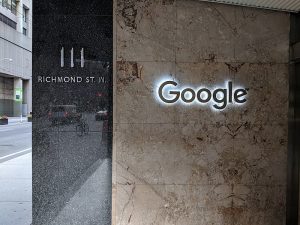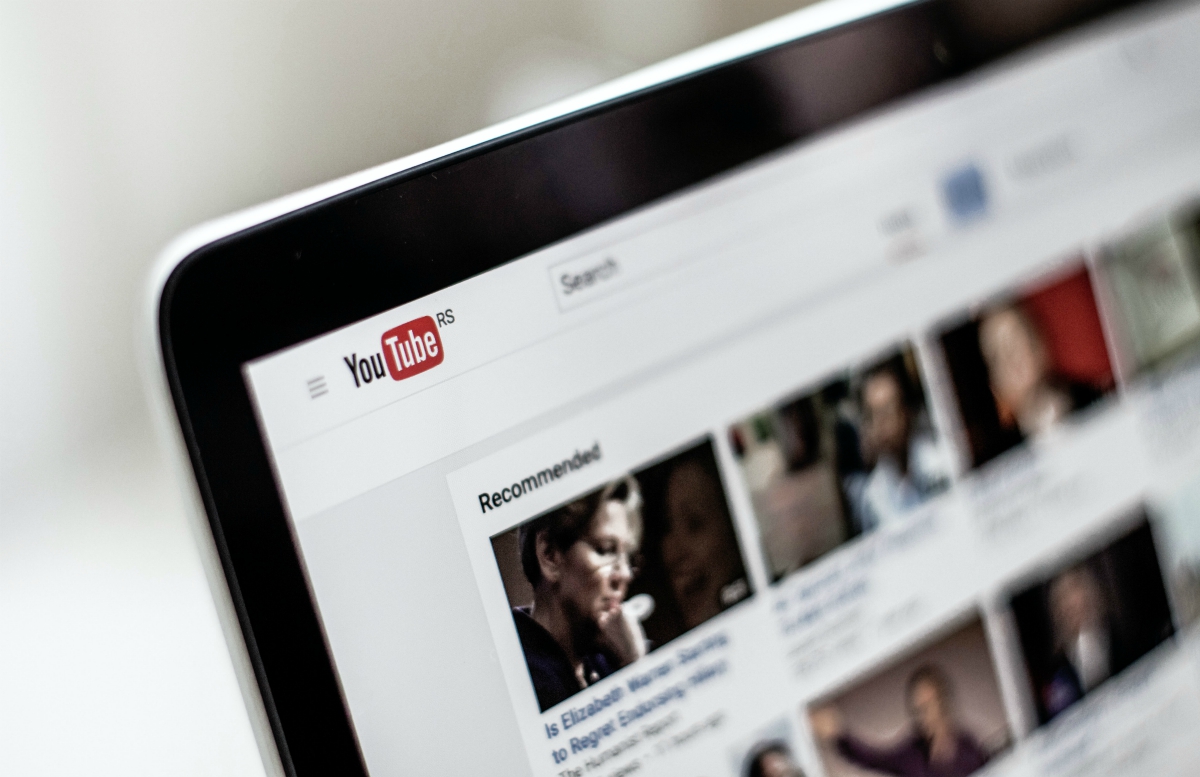Rumble accuses Google of anticompetitive practices by “self-preferencing” its own services in search results.
A California judge will allow Rumble, an online video platform, to continue its antitrust lawsuit against Google, which it accuses of using algorithms to prioritize its own serves in search results and web listings.
According to The Verge, Google had earlier asked the court to split Rumble’s arguments and dismiss substantial parts of the lawsuit.
However, Judge Haywood Gilliam declined Google’s arguments late last week, allowing Rumble to proceed with its claim.
The Verge notes that Rumble’s lawsuit overlaps with several other, ongoing claims against Google.
Rumble’s complaint takes particular issue at Google’s partnership with Android phone-makers, many of which have marketing agreements with Google.
Android manufacturers, including high-profile companies like Samsung, typically agree to pre-install applications such as Google and YouTube on their phones.
Google also frequently requires that Android manufacturers proactively restrict Google’s competitors from securing similar pre-installation arrangements.

Aside from its pre-installation practices, Rumble also takes issue with Google’s YouTube algorithms.
According to its lawsuit, Google unfairly prioritizes YouTube results in search engine results, showing YouTube videos before footage from Rumble and other competitor-operated websites.
“Rumble’s success […] has been far less than it could and should have been as a direct result of Google’s unlawful anticompetitive, exclusionary and monopolistic behavior,” the complaint states.
Rumble, adds The Verge, is part of a “conservative-friendly” web ecosystem that purportedly caters to right-leaning consumers, many of whom believe that companies like Google are inherently liberal and overtly prejudiced against their interests.
Many Rumble users, for instance, appear to believe that Google and other large, nominally leftist companies “censor” conservative discussion and sentiments.
While other conservative media platforms have tried to sue Google for stifling competition, Rumble’s lawsuit is comparably mainstream—and, in many ways, aligned with bipartisan criticisms of Google’s marketing tactics.
As LegalReader.com has reported before, legislators, regulators, and several state attorneys general have already raised concerns that Google “self-preferences” its own services, showing Google products before both paid advertisements and organic search results.
However, Google suggests that Rumble’s leadership is simply upset that the company has struggled to find success.
In response to the lawsuit, Google claimed that Rumble content does not fare well on search engines because Rumble content does not fare well with consumers.
“Rival search engines like Microsoft Bing, Yahoo Search, and DuckDuckGo each return similar results to Google—they took rank YouTube’s videos ahead of Rumble’s,” Google said. “Google attempts to return search results most likely to satisfy consumers, regardless of whether such results include content found on Google’s YouTube service.”
Nevertheless, Judge Gilliam said that Google’s arguments were not sufficiently persuasive.
However, Grisham indicated that Rumble is far from achieving victory, saying that Rumble’s ability to survive later motions for a summary judgment “is a matter for a later stage of the case.”
Sources
Google fails to have Rumble lawsuit dismissed, opens door for discovery
Rumble’s antitrust lawsuit against Google can proceed, says judge


Join the conversation!